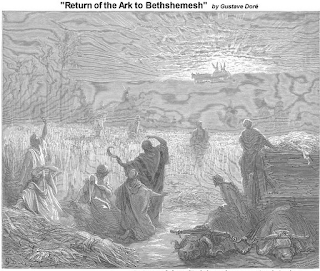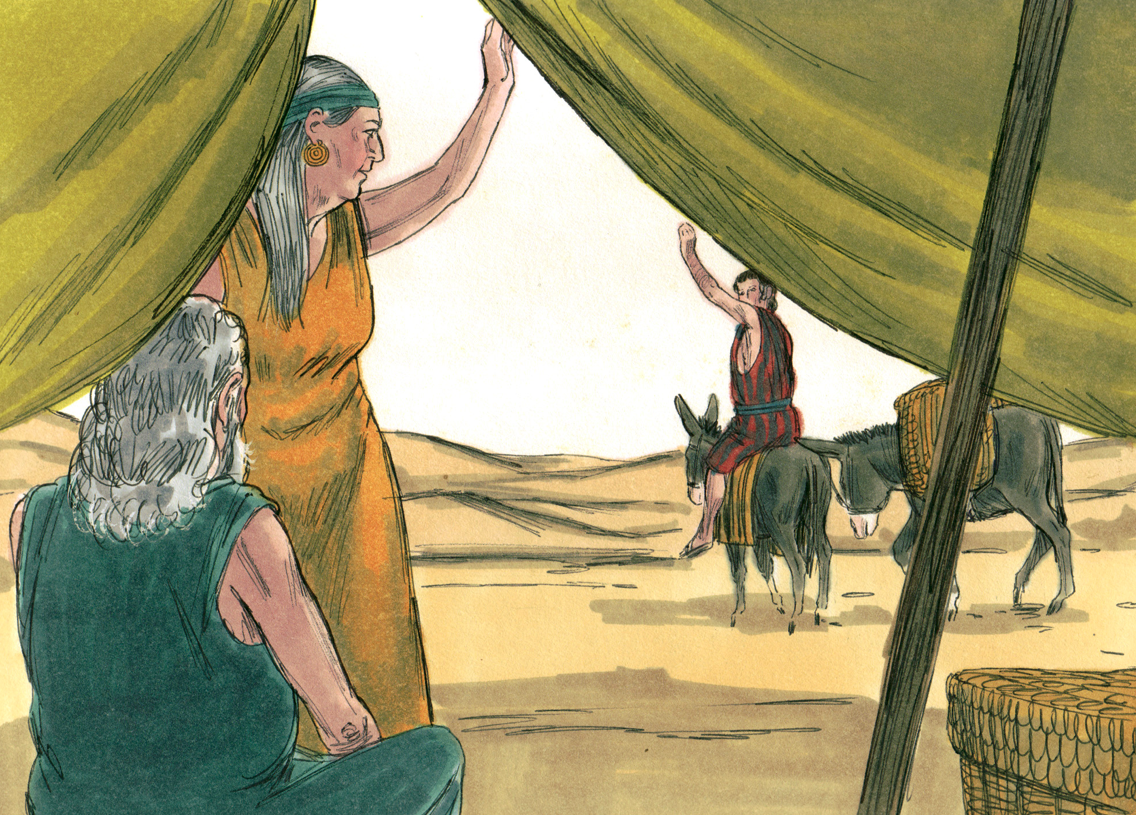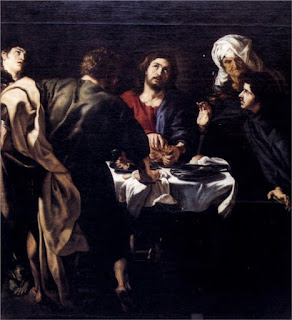TO CHEW ON:"God is our refuge and strength,
A very present help in trouble...
Be still and know that I am God..."Psalm 46:1,10a
Someone from the Sons of Korah wrote Psalm 46 to encourage and give hope to people who were in trouble. By the things the psalmist mentions it seems the trouble was war with another nation. The writer begins with a declaration about who God is:
"God is our refuge — shelter, protection, fortress, hope, place of trust — and our strength — power, security — in trouble"
He reminds the people about the security of the city (Psalm 46:4-5). It has an underground stream that provides water even if the city's main water supply is cut off by siege. (Though there is no actual river flowing through Jerusalem, "...it is believed by many that there is a subterranean water supply that is the source of various fountains and pools in Jerusalem" New Spirit Filled Life Bible, p. 723.) God's presence in her makes her unshakeable in case of battering. He will help her at sunrise, which is a likely time for the enemy to attack.
He says more about the identity of God (Psalm 46:7-9). He calls Him Yahweh Sabaoth — the Lord of Hosts. Remember the story of Elisha in a city besieged by Syria's army? In the morning, Elisha's servant saw the army and was afraid. But Elisha drew his attention to another army — an army of heavenly hosts: "Do not fear for those who are with us are more than those who are with them" - 2 Kings 6:8-17.
He also calls God the "God of Jacob." This reminds them of their history with God when, in the past, He preserved their forefather Jacob and his descendants.
In the light of all this, God Himself steps to the mic, telling the readers/listeners: "Be still and know that I am God."
The comment writer of my Bible suggests this is "God addressing the wicked warring nations." That may be so. But I think God is also addressing the worried, wailing people. He tells them to still the fearful voices around them and in their own heads, perhaps even to shush their own ideas and suggestions to God about how He could help them.
We may not be living in a city surrounded by an enemy army but our lives can feel just as attacked. Circumstances, demands of home, family and church, sickness, sandwich pressures (simultaneously looking after kids and parents), the clamor around us (internet, TV, radio, the constant demands of social networking via the phone, Facebook, Twitter) can make a mighty din, causing us stress, anxiety and fear.
At such times, let's use the encouragements of Psalm 46. We can:
- Know our God — a shelter, strength, the Lord of Hosts.
- Remember our history with God. ("He is the God of ___" [insert your name here]).
- Drink from the river that flows within — get strength from the Bible and the Holy Spirit's application of what we read.
- Be still — turn off the noise in our environment, refuse to listen to the chatter in our heads, even silence our own suggestions to God while we wait for His solutions (Exodus 14:13-14).
PRAYER: Dear God, help me to take advantage of what is available in You when I'm feeling stressed, anxious, surrounded by demands, or trouble. Help me to be still and wait for You to work. Amen.
PSALM TO PRAY: Psalm 46
************Unless otherwise noted all Scripture quotations are taken from the New King James Version®. Copyright © 1982 by Thomas Nelson, Inc. Used by permission. All rights reserved.



















